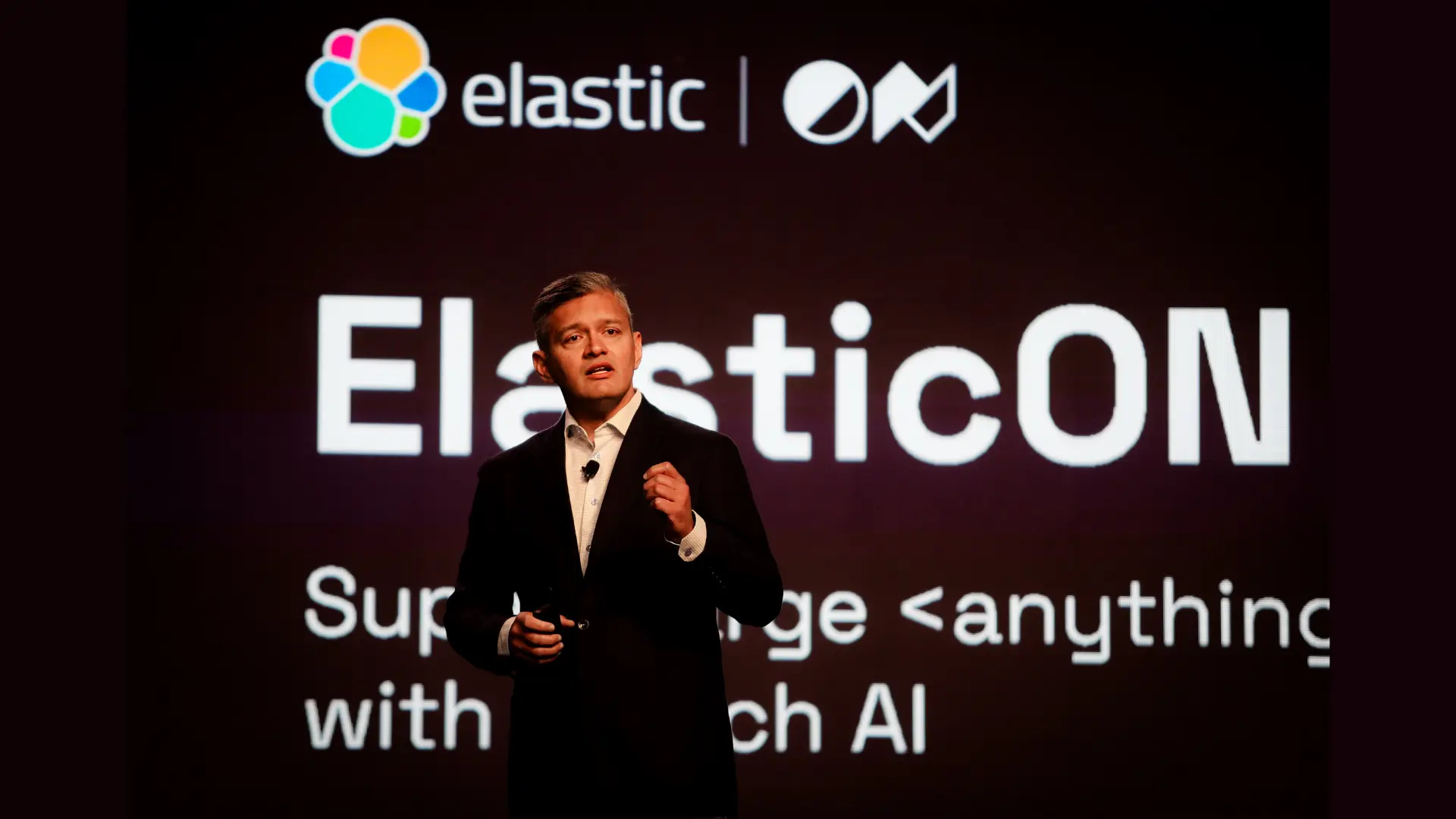Energy without limits: Urja is empowering rural entrepreneurs through solar solutions
In a country where nearly 400 million rural people still lack access to electricity, solar has for long been viewed as the energy source with the most potential to offer low-cost power. With support from the government through positive policy support, and plummeting prices of solar panels that’s used to store power, entrepreneurial activity in the sector is riding new highs. In the past few years, with increasing recognition of this technology’s potential, there has been a proliferation of social enterprises like Barefoot Power, D Light, Grameen Foundation and Sunkalp adopting a variety of business models. These ventures have come up with solutions – ranging from solar off-grids to solar-powered home systems – that are not just cost-effective but also less toxic than traditional fuels like kerosene.
“It is ironical that the rural poor pay twice as much as urban consumers pay for similar lighting needs”, says Puneet Ahuja, founder of Urja Unlimited, a solar energy solutions manufacturer with the goal to serve every village, town and city in India with efficient energy solutions. What makes this company unique is their “Urja Unnati” livelihood program, which aims to set up 1,000 clean energy entrepreneurs across the country in two years. This livelihood generation model runs on renting or selling lighting and mobile charging solutions that can be charged at Rural Energy Centers built by Urja. It empowers rural workers through providing solar energy to their rural community and leads them to financial independence and capacity building, training and education in solar power for other villagers.

Urja Unlimited started its operations in 2009 and has reached close to 10 thousand households, having provided interventions in over 80 villages in Northern and Central India (Andhra Pradesh, Haryana, Madhya Pradesh and Uttar Pradesh – now with plans to expand into Bihar and Chhatisgarh). Over the past three years, Urja Unlimited has been ensuring a regular feedback mechanism that helps to provide solutions for specific regions and problems. “We remain open to working with international partners provided their products meet local needs. Over time, however, our endeavour is to get ‘manufacturing’ as close to the last mile as possible without compromising quality. This will ensure ready uptake, lower costs for the end user, and a robust post sales mechanism that can tackle most problems faced by beneficiaries adopting new technology”, says Puneet. Their goal for 2013 is to expand to 300 villages and to validate their business model via scaling up the business model. .
Some of the simplest Urja Unnati’s solutions include community charging concepts for solar lanterns that homeowners can charge and carry to their individual homes. The company also manufactures hot water systems, rooftop power plants, charge controllers, home lighting systems, desk lamps, garden lights, LED signages, all using solar energy. The community charging stations range from 200 W to 10 KWp capacity power banks containing inverter based solutions that provide power for heavy duty applications. “The ability to bring new, cost effective technology has helped increase attractiveness for our rural entrepreneurs. Also, the fact that our focus has remained on providing solutions has helped stay ahead of larger players who operate mostly as ‘distributor led’ ‘product companies'”, believes Puneet.

Urja Unlimited relies on an active network of alliance partners that range from NGOs and Micro Finance Institutions, corporates and other civil society organizations working within development sectors. According to Puneet, India lacks awareness to spread solar energy solutions throughout rural areas, even though an economically viable solution exists for most rural needs, and can overcome India’s unreliable grid infrastructure problems. “It’s a question of developing an action plan and executing it right. If the right players, organizations and civil society organisations partner together, it will be possible to promote clean energy and help finding a solution for India’s energy problem. We remain open and continue to actively seek for alliances, and welcome other entities, and individuals to join hands with us”.







